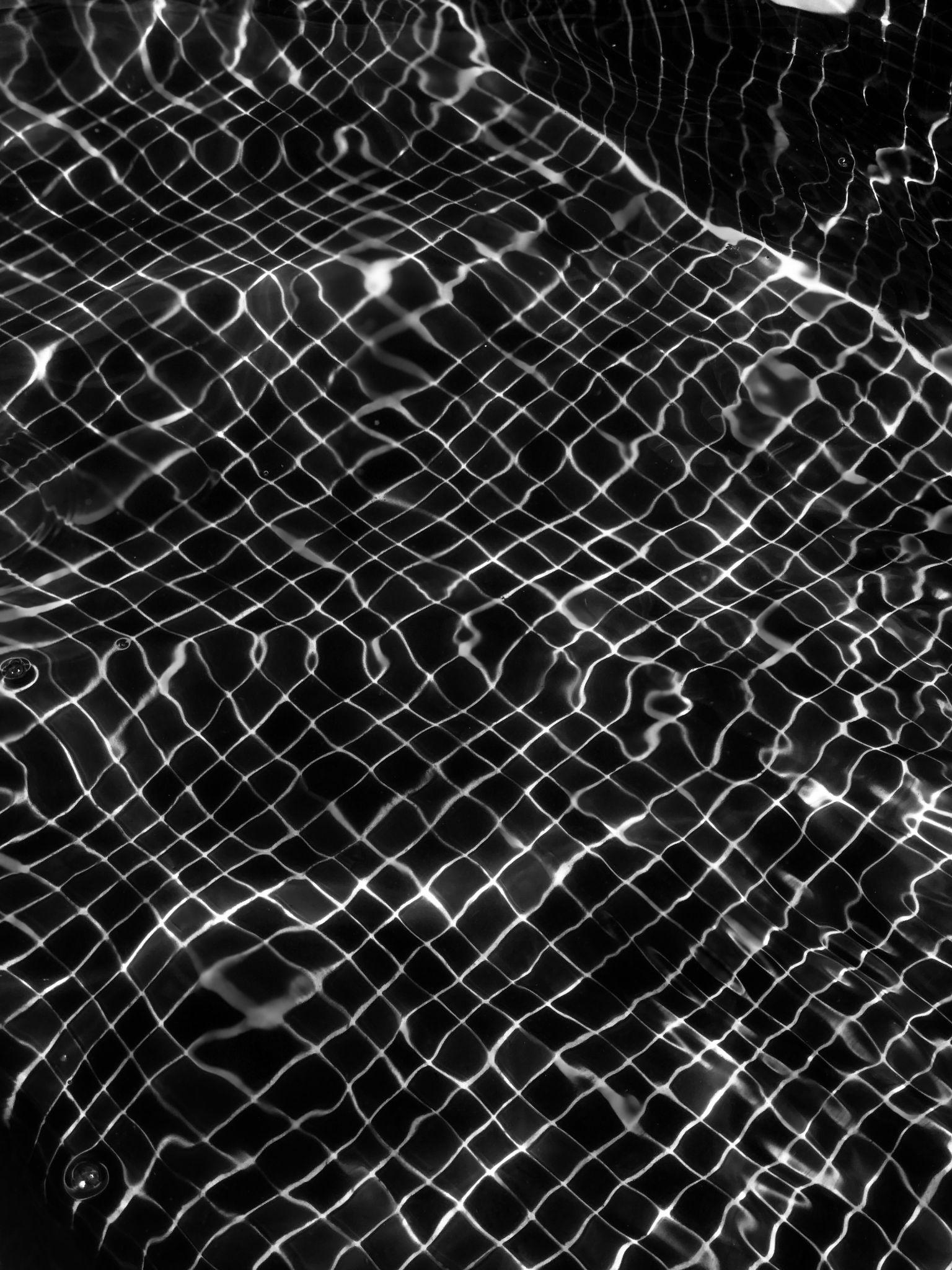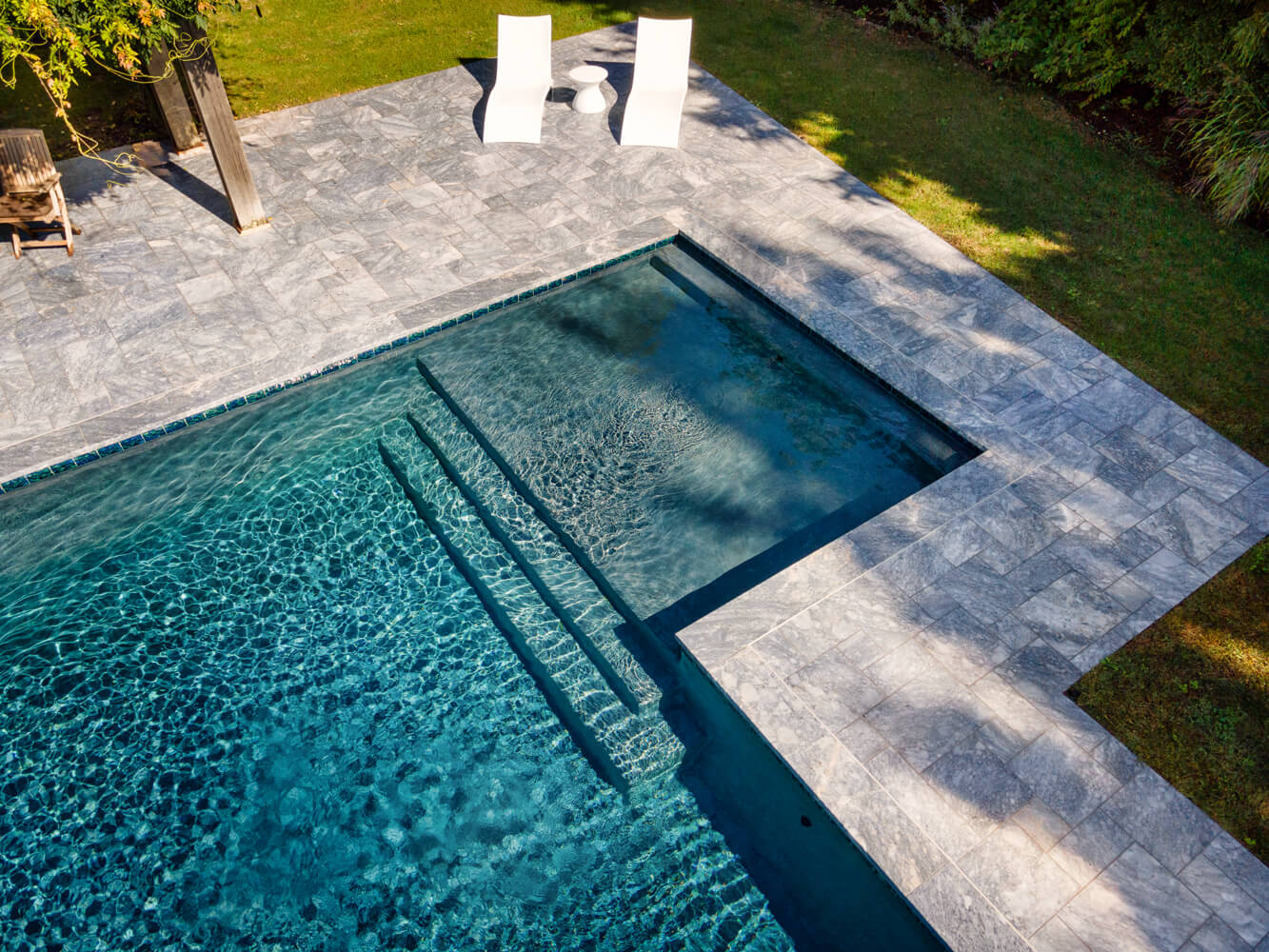What’s the first thing that comes to mind at the sight of a crystal clear pool? The urge to dive right in and let yourself be engulfed by the soothing waters. Unfortunately, it’s what happens afterward that is sometimes not as inviting as this thought.
Pool water treated with harsh chemicals may look appealing, but leave your skin dehydrated, your hair frizzy, and your general attitude regretful. Given that a pool needs to be treated with multiple chemical compounds to maintain the quality of its water, there is a certain balance that needs to be achieved. That is the job of chemical controllers.
This article delves into the usage and maintenance of pool chemical controllers and how they contribute to a refreshing and rejuvenating experience.

What are Chemical Controllers?
Chemical controllers are sophisticated electronic devices used in swimming pools to monitor and regulate the levels of various chemicals in the water. They are integral to pool maintenance and are used to ensure the water is safe, clean, and comfortable for swimmers. These controllers continuously measure parameters like pH and Oxidation-Reduction Potential (ORP) by adjusting the chemical feed to maintain optimal levels.
Setting Up and Programming Chemical Controllers
Before turning on the chemical controller, you must first clean its probes and flow wheel and ensure the water is clear and chemically balanced. It is important to leave chemical feeders unplugged initially while you balance the pool chemicals. Once the controller has stabilized after running for about four hours, the chemical levels in the pool are checked, and if satisfactory, the controller is programmed and feeders are plugged in.
Daily Monitoring and Adjustments
Contrary to the ‘set it and forget it’ approach, chemical controllers require daily monitoring and regular adjustments. The ORP setpoint, in particular, needs frequent adjustment based on factors like weather conditions and swimmer load. For instance, raising the setpoint proactively can prevent chlorine fallout on hot days with heavy swimmer traffic. Conversely, lowering the setpoint can prevent overfeeding chemicals during cool, cloudy days with minimal swimming activity.
Seasonal Adjustments
As seasons change, so do the chemical demands of a pool. During the transition from spring to summer, the ORP must be gradually increased to accommodate the higher chlorine demand. The ORP must be lowered correspondingly as summer wanes and temperatures drop. These adjustments are vital for maintaining the correct chemical balance in the pool throughout different seasons.
Maintenance of Chemical Controllers
Maintaining chemical controllers is as essential as their correct setup and operation. This includes regular cleaning of probes and recalibrating the pH, if necessary. Depending on pool usage, probes should be cleaned every 1-4 weeks and replaced every 3-5 years. Proper storage and regular maintenance can extend their life. It’s crucial to ensure that probes are always wet, as drying out can damage them irreparably.
Proactive Over Reactive
The mantra of being proactive instead of reactive is particularly relevant to the maintenance of chemical controllers. This approach ensures the pool’s safety and hygiene and extends the lifespan of the equipment. For instance, regular cleaning of probes and adjusting the ORP setpoints as per seasonal changes can significantly impact the controller’s efficiency and accuracy.

The Technical Aspects
Chemical controllers run on set programs. They require constant adjustments to cater to the unique needs of a pool. For example, the pH level is generally programmed at 7.5 and doesn’t require regular adjustments. Recalibration is necessary, however, if there’s a discrepancy between the controller’s reading and the actual pool pH level.
Why Regular Monitoring is Essential
The significance of regular monitoring of chemical controllers cannot be overstated. Regular engagement ensures:
- Safety: The primary goal of any commercial pool, especially in settings like those managed by Tortorella and their AutoChem division is ensuring swimmer safety. Incorrect chemical levels can lead to health hazards.
- Equipment Longevity: Regular maintenance and adjustments extend the life of the controllers and probes, ensuring optimal performance over the years.
- Cost-Effectiveness: Proactive maintenance can prevent costly repairs or replacements in the long run.
- Water Quality: Consistent monitoring ensures that the water remains clear, balanced, and inviting, reflecting the high standards of Tortorella’s pools.

Tortorella’s Commitment to Safety and Quality
At Tortorella’s AutoChem division, safety is the top priority. With over four decades of experience, the division understands the importance of keeping commercial pools and spas clean and safe. The team of professional technicians is expertly trained in water treatment options and makes sure every commercial project meets the highest safety and quality standards.
Securing Pool Perfection: The Enduring Impact of Chemical Controllers
Chemical controllers play a crucial role in maintaining the safety and quality of commercial swimming pools. Regular monitoring, seasonal adjustments, and diligent maintenance are critical to their effective operation. Tortorella’s AutoChem Division is committed to excellence and safety and is a trusted name in the swimming pool industry. It ensures every pool it services remains a pristine and safe environment for all its users.
